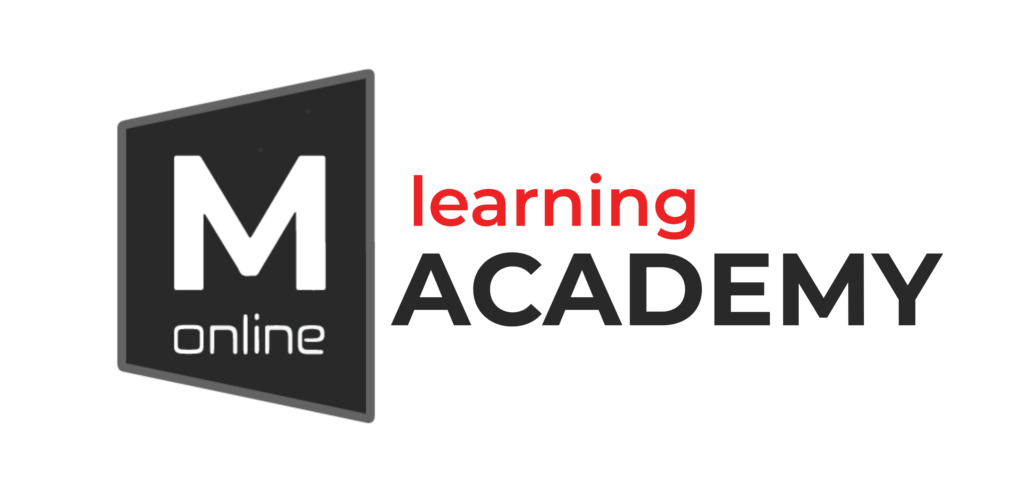Essentials of osteopathic paediatric care
Introduction
If you’re a manual therapist who is interested in working with babies, children, and adolescents, then the “Essentials of Osteopathic Paediatric Care” course is the perfect starting point for you! This three-module course provides you with the essential competencies required to work in this specialised field.
The course is designed to provide you with both theoretical and practical skills, starting with an introductory module that teaches you the fundamentals. This includes the development of precise palpatory skills, assessment techniques, and anatomical and physiological knowledge. You’ll learn how to approach paediatric patients and understand the unique challenges of treating children with manual therapy.
The second module is dedicated to the main case scenarios that you will commonly encounter in your practice. This includes addressing common diseases that can be supported through manual medicine, such as colic, torticollis, and developmental delays. You’ll learn how to assess and treat these conditions using osteopathic techniques that are specifically designed for paediatric patients.
The final module of the course is dedicated to more complex cases and disabilities. This includes conditions such as cerebral palsy, muscular dystrophy, and spinal cord injuries. You’ll learn how to apply advanced techniques to treat these conditions effectively, while also understanding the unique challenges of working with patients who have disabilities.
Throughout the course, you’ll receive personalized instruction from experienced osteopathic practitioners. You’ll have the opportunity to practice your skills through hands-on exercises and case studies, ensuring that you’re fully prepared to start working with paediatric patients.
If you’re a manual therapist who is interested in working with babies, children, and adolescents, then the “Essentials of Osteopathic Paediatric Care” course is the perfect starting point for you! This three-module course provides you with the essential competencies required to work in this specialised field.
The course is designed to provide you with both theoretical and practical skills, starting with an introductory module that teaches you the fundamentals. This includes the development of precise palpatory skills, assessment techniques, and anatomical and physiological knowledge. You’ll learn how to approach paediatric patients and understand the unique challenges of treating children with manual therapy.
The second module is dedicated to the main case scenarios that you will commonly encounter in your practice. This includes addressing common diseases that can be supported through manual medicine, such as colic, torticollis, and developmental delays. You’ll learn how to assess and treat these conditions using osteopathic techniques that are specifically designed for paediatric patients.
The final module of the course is dedicated to more complex cases and disabilities. This includes conditions such as cerebral palsy, muscular dystrophy, and spinal cord injuries. You’ll learn how to apply advanced techniques to treat these conditions effectively, while also understanding the unique challenges of working with patients who have disabilities.
Throughout the course, you’ll receive personalized instruction from experienced osteopathic practitioners. You’ll have the opportunity to practice your skills through hands-on exercises and case studies, ensuring that you’re fully prepared to start working with paediatric patients.
Module 2 will focus on the topic of birth and trauma, exploring the adaptive responses to birth and how they can affect children’s respiratory and gastrointestinal systems. The module will cover the anatomy, physiology, assessment, and treatment of common disorders associated with both systems, as well as common disorders in the paediatric field.
The final module covers two separate and important topics. Firstly it will examine methods to identify, diagnose and manage paediatric feeding problems. The key themes include the structural, sensory, physiological and psychological issues that can effect oral function in babies and children, how this may present difficulties with feeding on the breast or with solids and the potential long term adverse health effects this may cause. Participants will learn strategies for patient management, including manual treatment interventions and prescriptive exercise advice for parents to support their child’s oral and feeding development.
Secondly this module will examine the needs of a child with cerebral palsy and how they differ from those of a child with normal sensory development. It will cover structural lesion of the central nervous
system, the allostatic load, psychological factors and adaptive mechanics of the fascial system.
Participants will learn about the permanent but not progressive structural lesion of the CNS and the
neuroplasticity that the CNS possesses independent of developmental age. They will also examine the importance of considering imbalance of the autonomic nervous system. Additionally, participants will explore the sensory problems that children with CP face, as well as the importance of adapting the fascial system to prevent persistent contractures and the risk of developing scoliosis and morphological
malformations.
Overall, this course is designed to equip manual therapists with the essential competencies required to work in the paediatric field. Through a combination of theoretical and practical skills, participants will gain a thorough understanding of paediatric anatomy and physiology, assessment techniques, and manual techniques adapted to the paediatric population. The course will also cover common disorders and case scenarios encountered in the paediatric field, as well as the needs of children with cerebral palsy.
Learning objectives
- Demonstrate an understanding of paediatric anatomy and physiology, including the unique characteristics of children’s evolving anatomy and the importance of systemic integration when treating children.
- Develop precise palpatory skills and assessment techniques for paediatric patients, including the ability to identify possible red flags in paediatric cases.
- Apply osteopathic techniques specifically designed for paediatric patients to treat common disorders such as colic, torticollis, and developmental delays, as well as more complex cases such as cerebral palsy, muscular dystrophy, and spinal cord injuries.
- Identify the adaptive responses to birth and how they can affect children’s respiratory and gastrointestinal systems and demonstrate the ability to assess and treat common disorders associated with both systems.
- Understand the needs of children with cerebral palsy, including the structural lesion of the central nervous system, the allostatic load, psychological factors, the communicative dilemma, and adaptations mechanics of the fascial system, and develop a treatment plan that takes these factors into consideration.
Cristian Ciranna-Raab is an esteemed expert in osteopathy with a passion for improving educational standards and advancing the field of osteopathy in Europe and around the world.
Cristian holds degrees from the University of Wales (European School of Osteopathy) and the Dresden International University in Germany and has completed a Postgraduate Diploma course in paediatric osteopathy. He directed the German School of Osteopathy in Hamburg (OSD) for over a decade and was instrumental in the development of the first university degree in osteopathy in Germany. His contributions to rising educational standards in osteopathic degrees/courses have been recognised by academic institutions like OsEAN (Osteopathic European Academic Network) and the BAO (Bundesarbeitsgemeinschaft für Osteopathie).
Cristian is an international lecturer and clinical examiner, with experience at both undergraduate and postgraduate levels. He regularly presents at medical conferences around the world and has published and co-authored several books and articles in the osteopathic field. He joined the URM Team of the Haute École de Santé Fribourg (HEdS-FR) in Switzerland as an Associate Professor from 2020 to 2022, where he was lecturing research methods and developing research projects for students and supporting the research developments of the osteopathic profession.
With a particular interest in Evolutionary Medicine, History of Medicine and Osteopathy, Clinical Research, Paediatrics, and Women’s Health, Cristian runs his osteopathic clinic in southern Switzerland, where he focuses on the osteopathic management of obstetrical and paediatric patients. Additionally, he is a TPI-certified practitioner, assisting golf players (both professionals and amateurs) in achieving their best physical potential.
Cristian Ciranna-Raab is a dedicated professional with a wealth of experience and expertise in osteopathy. His commitment to improving educational standards and advancing the field of osteopathy makes him an invaluable resource for anyone seeking to deepen their knowledge of this essential healthcare practice.
Cristian Ciranna-Raab - , MSc, BSc, DO, DPO
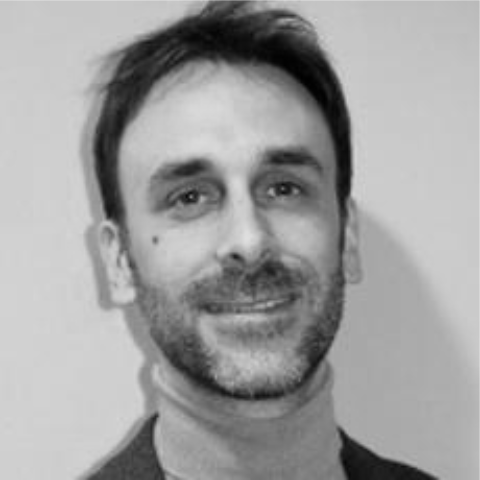
Radoslaw Sikorski - PT, DO
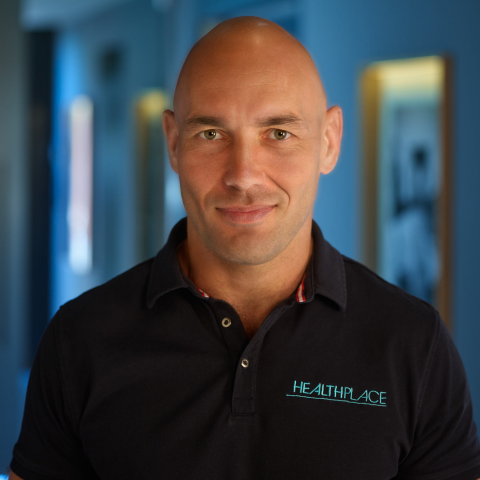
Radoslaw Sikorski is a highly qualified and experienced physical therapist and osteopath who has spent years perfecting his craft, and he’s eager to share his knowledge with you.
Radek began his higher education in 2003 at the University of Physical Education in Poznań, Poland, where he graduated as a physical therapist. Since then, he’s never stopped learning, taking courses, and gaining experience from his patients. He has also obtained degrees in Osteopathic Medicine and Paediatric Osteopathy from the Osteopathie Schule Deutschland (OSD) and OSD Poland, respectively. Furthermore, Radek has completed a postgraduate two-year course in Women’s Health at the Molinari Institute of Health in London, UK.
Radek’s commitment to continuing education and professional development is impressive. He has participated in dozens of other post-graduate professional development courses in the osteopathic field, constantly striving to learn more and refine his skills. He also takes part in international internships and practices, where he works with newborns from their first hours of life, providing him with invaluable experience.
Radek runs his own practice in Poznan, where he focuses on paediatrics and professional sportspeople. Additionally, he has assisted various lecturers in post-graduate training classes across Poland, sharing his wealth of knowledge and experience with others.
Dr. Paul Bell is the Founder and Clinical Director of The Osteopathic Centre, Singapore. He is a UK registered osteopath with over 20 years clinical experience and has also completed a Doctorate in Health at the University of Bath (UK). As part of the doctorate, he set up the first clinic-based 3D Markerless movement analysis suite in South East Asia, with the aim of integrating research level motion analysis with pain management and rehabilitation.
Paul’s areas of interest include; the effects of pain on neuromotor activity, the role of oral and respiratory function in relation to sleep, TMD and chronic pain in paediatrics and adults, and the treatment of sports related conditions, having worked previously in professional football in the UK.
He has extensive experience of teaching a number of health related topics and has lectured in the UK, Europe, Middle East, South East Asia and China.
Paul is dedicated to advancing the implementation of evidence based Osteopathic approaches in health-care and the sharing of knowledge to provide optimal therapeutic outcomes for patients.
Paul Bell - PhD, BSc (Hons) Osteopathy
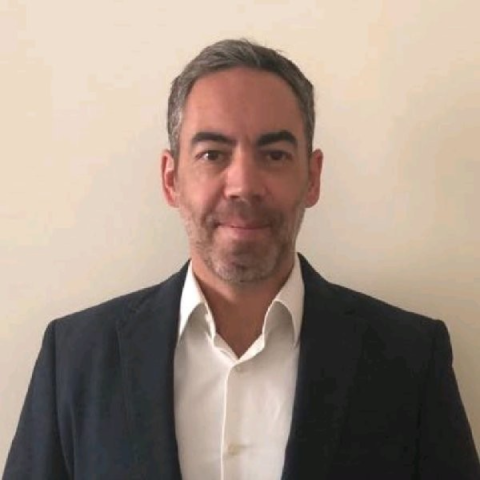
Osteopaths, Chiropractors, Physios, Manual Therapists
3 days per module - 3 modules
30
24 h per module
Certificate of continuous professional development (CPD) issued by Medi-Cine Online Learning Academy. The CPD will be issued only upon completion of all modules.
On completion of the course, participants will not be entitled to call themselves osteopaths without the possession of professional license or registration as osteopaths from a competent healthcare regulatory authority. The course tutor will not be responsible for damage caused by participants to colleagues during the course or subsequently to their patients in clinical practice.
